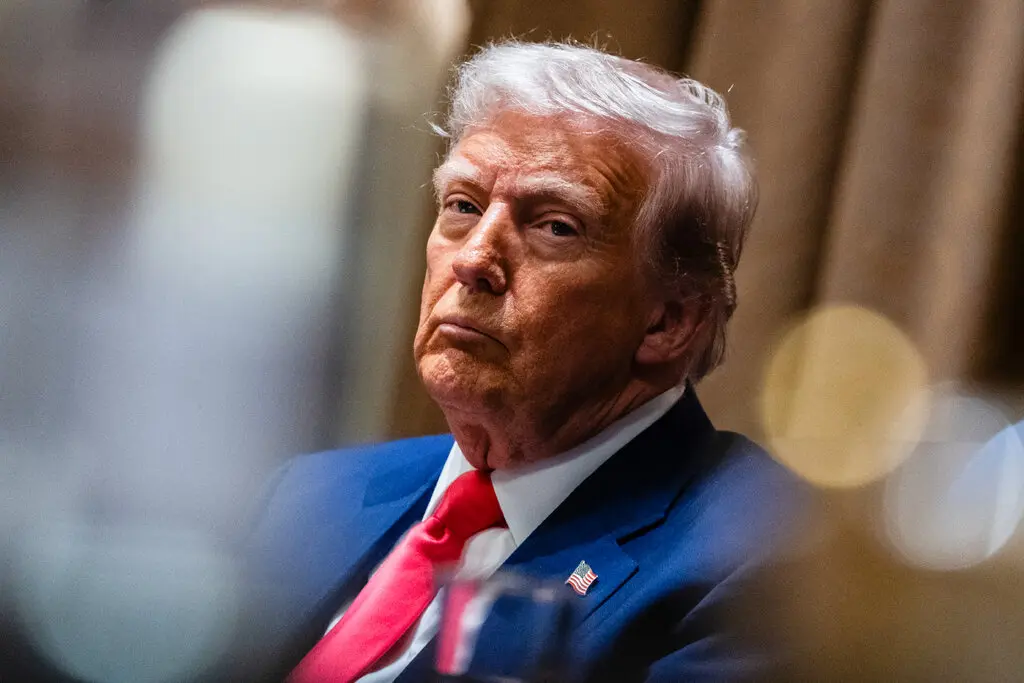A federal judge has blocked former President Donald Trump’s move to shut down the Biden-era humanitarian parole program, which provides deportation protection and work authorization to hundreds of thousands of migrants from four crisis-hit nations.
Judge Indira Talwani of the Massachusetts District Court issued an emergency ruling on Monday, halting Trump’s attempt to end the program without conducting case-by-case reviews. The program, introduced by President Joe Biden in January 2023, allows migrants from Cuba, Haiti, Nicaragua, and Venezuela to legally enter the United States for humanitarian reasons and remain for up to two years with work permits.
Judge Talwani’s decision stated that terminating the parole status of these migrants before it expires—without individual assessments—would either force them into undocumented status or compel them to return to countries where they could face serious risks. She emphasized that this move would be unjust and “undermines the rule of law” since the individuals affected complied fully with U.S. Department of Homeland Security guidelines when entering the country.
Since returning to office in January 2025, Trump has aggressively targeted both legal and illegal immigration. One of his first executive orders sought to dismantle the CHNV parole program, citing the need to tighten border control and limit humanitarian admissions. The Department of Homeland Security announced plans on March 25 to officially end the program by April 24, a move that would impact the legal status of an estimated 530,000 migrants.
However, Monday’s ruling follows a class action lawsuit filed on February 28 by legal advocacy groups including the Justice Action Center, Human Rights First, and the Haitian Bridge Alliance. They argued that the abrupt termination would betray not only the migrants but also the American sponsors who helped them settle in communities across the country.
Karen Tumlin, founder of Justice Action Center, welcomed the court’s ruling, calling it a “significant step toward justice.” She noted that the affected individuals had followed every legal step required and deserved protection from sudden policy changes.
What does this mean for the migrants already in the U.S. under the parole program?
They will be able to retain their legal status and work permits at least until the end of their parole periods. The government must now review each case individually before attempting any revocation.
The case highlights ongoing tensions between competing visions for U.S. immigration policy. While Biden’s administration aimed to offer legal pathways for migrants fleeing instability, Trump’s return has revived efforts to drastically restrict both legal and undocumented immigration.
As the legal battle unfolds, advocacy groups are urging the courts and the public to remember the human side of immigration—families seeking safety, dignity, and the chance to rebuild their lives in peace.

